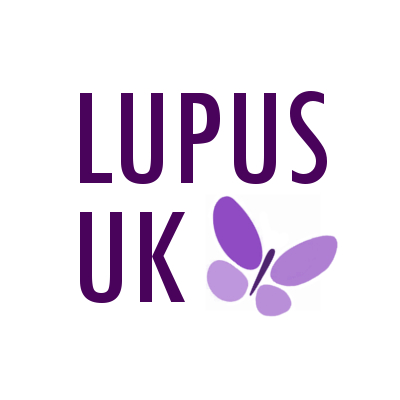Lupus UK Centres of Excellence
The LUPUS UK Centres of Excellence award scheme is designed to recognise and reward specialist lupus clinics that offer a high quality of care for people with lupus and to ensure that these standards are maintained. We hope to award more centres with this accolade in the future, meaning that more people with lupus will receive better care and hopefully improved outcomes as a result.
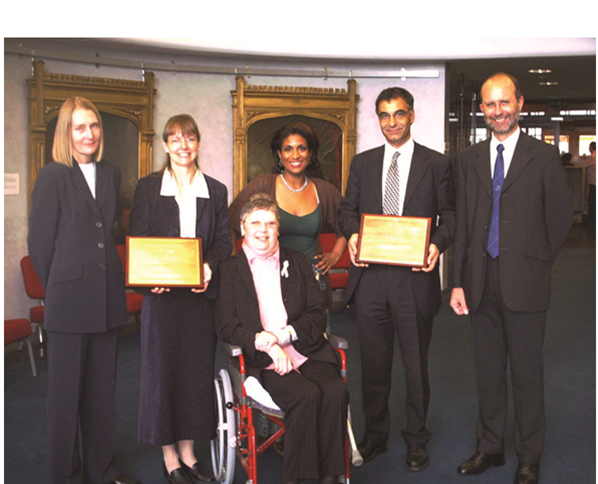
Lupus UK Centres of Excellence
CITY HOSPITAL/QUEEN ELIZABETH HOSPITAL/BIRMINGHAM UNIVERSITY (OFFICIAL OPENING: OCTOBER 2005)
Led by: Professor Caroline Gordon, based at City Hospital and Doctor Ben Rhodes, at the Queen Elizabeth Hospital
Rheumatology clinics run at City Hospital, Queen Elizabeth Hospital and Birmingham University from Monday to Friday. Patients with all types of rheumatic diseases are seen by specialists; X-ray and scanning facilities are also available within the area. Their rheumatology team have close links with specialists within their hospital and more widely throughout the West Midlands.
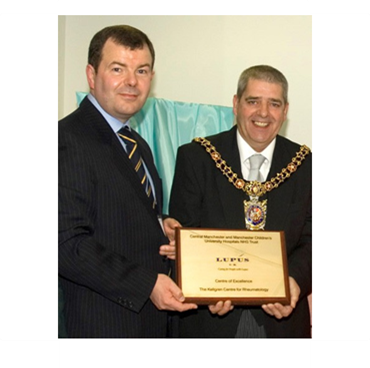
Lupus UK Centres of Excellence
THE KELLGREN CENTRE FOR RHEUMATOLOGY- MANCHESTER (OFFICIAL OPENING: OCTOBER 2007)
Led by: Professor Ian Bruce & Doctor Ben Parker
The Kellgren Centre for Rheumatology, based in Manchester Royal Infirmary, manages a broad range of musculoskeletal and autoimmune disorders. They currently have six consultants and two registrars who provide a secondary care rheumatology service to residents of central Manchester. The centre also provides a tertiary and regional service for Greater Manchester and the wider North West area for complex rheumatic conditions alongside lupus. The centre offers a regional joint obstetric/rheumatology clinic with healthcare professionals in Saint Mary’s Hospital and has two fulltime NHS consultants as well as two fulltime academic rheumatologists.
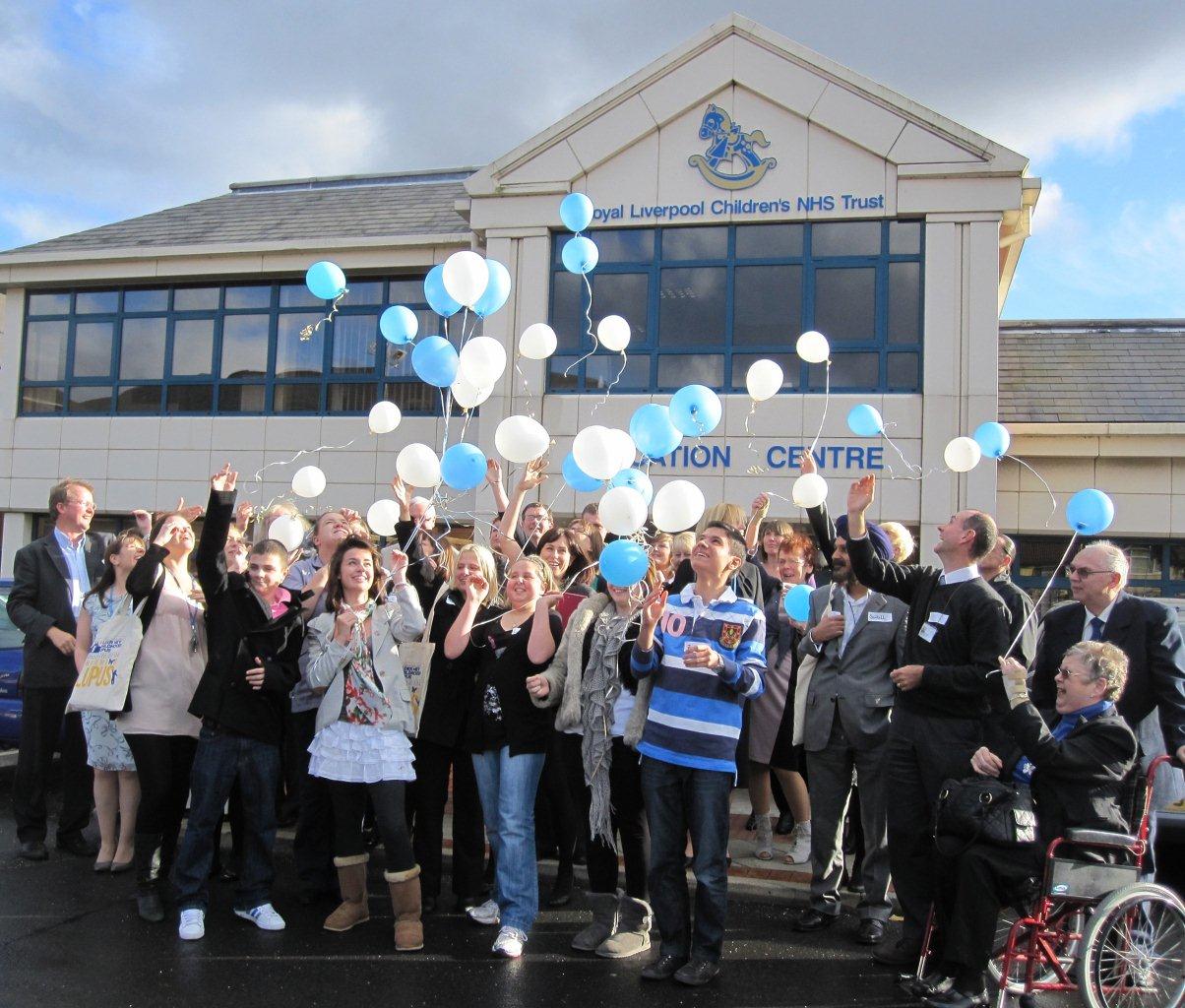
Lupus UK Centres of Excellence
ALDER HEY – LIVERPOOL (OFFICIAL OPENING: OCTOBER 2010)
Led by: Professor Michael Beresford
Alder Hey’s paediatric rheumatology unit is the first LUPUS UK Centre of Excellence for Children and Young People. It provides the highest level of specialist care to children and adolescents across the region. Their department is leading in paediatric research with links to all major centres across the UK and around the world. They care for patients with severe chronic inflammatory conditions, including lupus. Some are life-long and can have an enormous impact on the child and adolescent, as well as the wider family.
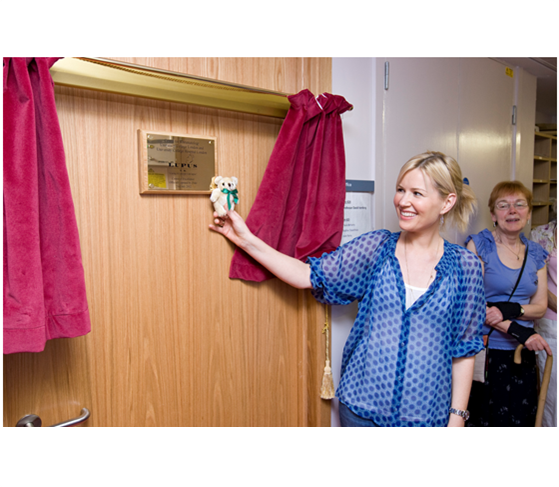
Lupus UK Centres of Excellence
THE CENTRE FOR RHEUMATOLOGY AT UCLH – LONDON (OFFICIAL OPENING: JULY 2012)
Led by: Professor David Isenberg
The University College London Hospitals’ department of rheumatology has over thirty highly respected academics who are led by Professor Isenberg. Both adults and adolescents are treated at this centre; the centre also has close links with Great Ormond Street Hospital’s paediatric rheumatology service.
Dido, a multi-million selling singer, whose father was treated at this centre for lupus, helped unveil the plaque back in 2012 announcing that the UCLH’s centre for rheumatology was recognised as one of LUPUS UK’s Centres of Excellence.
Lupus UK Centres of Excellence
LOUISE COOTE LUPUS UNIT – LONDON (OFFICIAL OPENING: SEPTEMBER 2014)
Led by: Professor David D’Cruz
The Louise Coote Lupus Unit is the largest lupus unit in Europe. They provide a wide range of services for patients with lupus and other autoimmune connective tissue disorders and anti-phospholipid (Hughes) syndrome. They are at the forefront of research in lupus and autoimmune connective tissue disorders, with their lupus research unit being a part of King’s College London. The Centre offers an online booking service for existing patients where they can book an appointment online for a nurse to call them if they need advice or help with diagnosis, medicines and concerns about symptoms that need to be addressed before their next appointment.
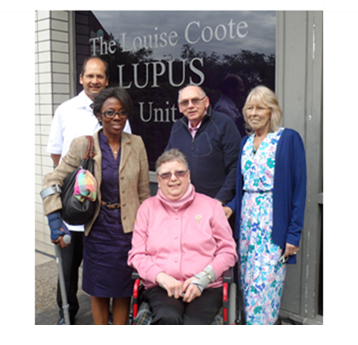
Lupus UK Centres of Excellence
ROYAL NATIONAL HOSPITAL FOR RHEUMATIC DISEASES – BATH (OFFICIAL OPENING: MARCH 2016)
Led by: Professor Neil McHughThe Royal National Hospital for Rheumatic Diseases’ rheumatology team provides both specialist and general rheumatology services for adults, children and adolescents. The hospital has an international reputation for their research into a range of rheumatic conditions, including lupus. This centre is one of the few in the UK who are dedicated to the treatment of complex regional pain syndrome and treat patients from the age of eleven years.
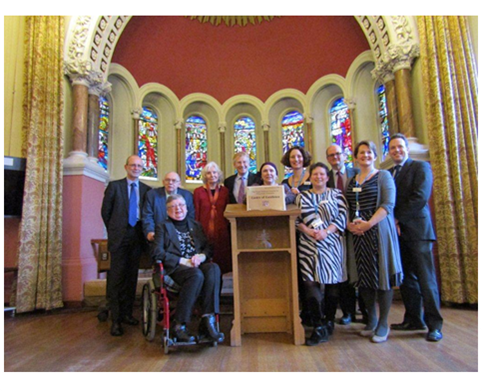
Lupus UK Centres of Excellence
ADDENBROOKE’S HOSPITAL – CAMBRIDGE (OFFICIAL OPENING: JULY 2018)
Led by: Dr Natasha Jordan
There has been a vasculitis and lupus clinic at Addenbrooke’s Hospital since 1987 and it currently cares for over 1,000 patients. The medical staff includes NHS consultants who have all been trained in kidney medicine and have many years experience in managing autoimmune conditions. Specialist registrars also work in the clinic under the supervision of the consultants.
Yvonne Norton, Peter Norton, Jan Roberts and Chris Maker represented the charity at the presentation of the LUPUS UK Centre of Excellence award to Addenbrooke’s Hospital on the 4th July 2018. Professor Graham Hughes assisted in the presentation and hospital consultants Professor David Jayne, Dr Frances Hall and Dr Natasha Jordan, who led the Centre of Excellence application, were present to accept the plaque. Staff and members of Cambridgeshire Lupus Group took part and Chair Davina Frost, in her address gave a tribute to Shelagh Cheesman, whose husband was a very special guest at the event.
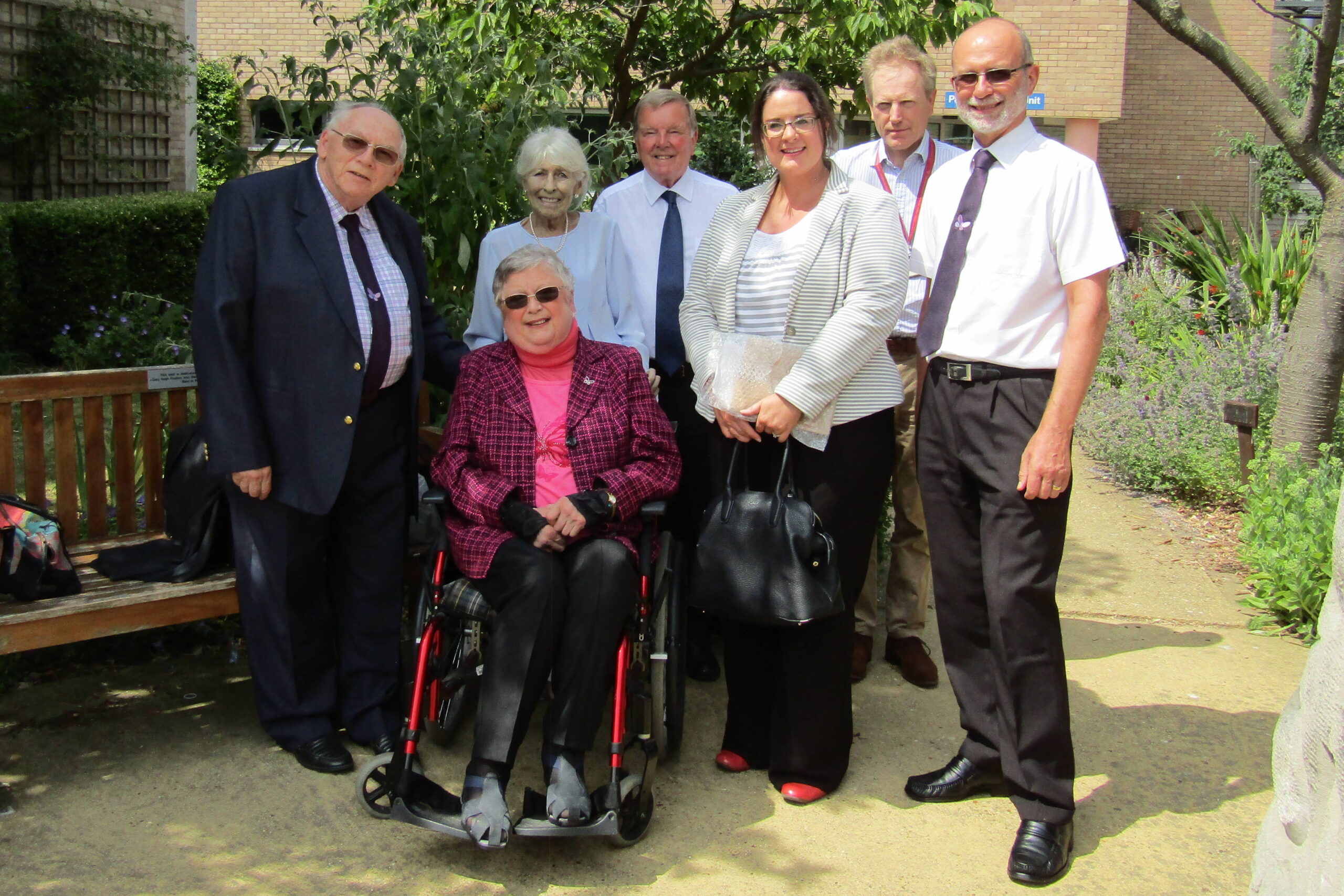
Lupus UK Centres of Excellence
BARTS HEALTH LUPUS CENTRE – MILE END (OFFICIAL OPENING: NOVEMBER 2019)
The Centre is a multi-professional clinical and academic centre dedicated to the care of patients with Systemic Lupus Erythematosus. The Centre runs two weekly clinics:
– Wednesday mornings at The Royal London Hospital (Mile End site)
– Tuesday mornings at Whipps Cross Hospital
Staff from different disciplines (rheumatology, renal, dermatology, immunology, nursing, physiotherapy, psychology, nutrition and research) work together within the hub allowing for rapid patient access to a team of onsite specialists. The Centre cares for more than 500 lupus patients.
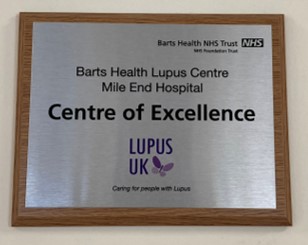
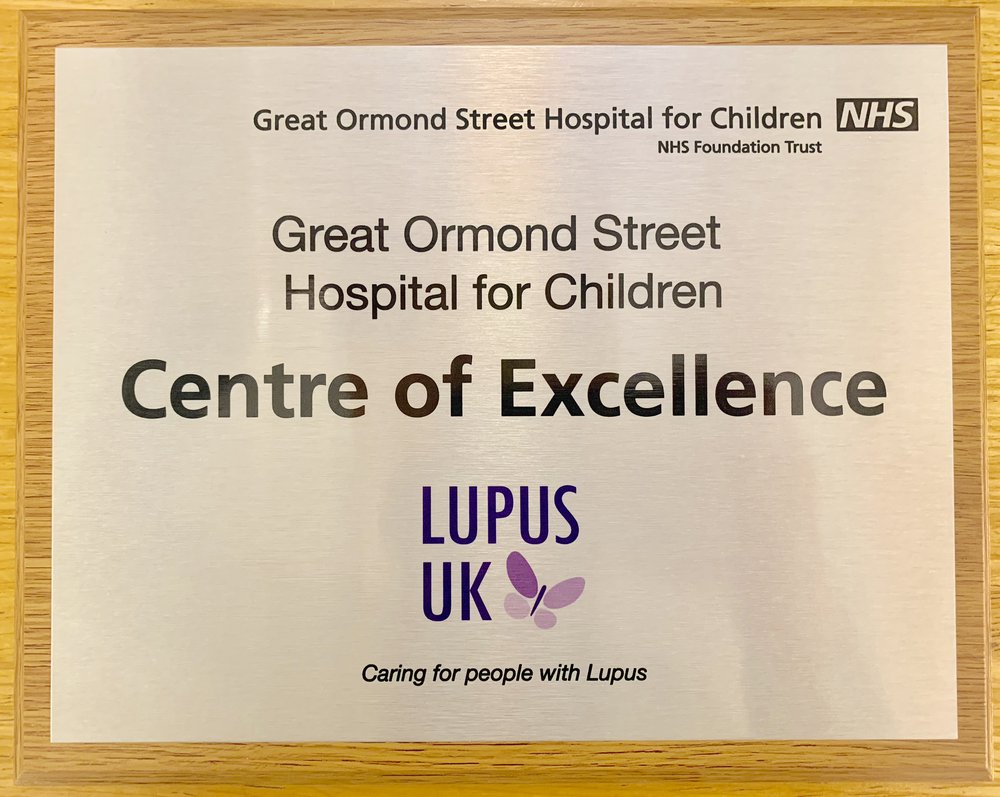
Lupus UK Centres of Excellence
GREAT ORMOND STREET HOSPITAL – LONDON (OFFICIAL OPENING: FEBRUARY 2021)
Great Ormond Street Hospital has the largest and oldest paediatric lupus service in the UK, dating back to 1999, and currently treats one of the largest cohorts of patients with the condition.
The hospital provides a highly specialist service for patients with lupus, which works within the general rheumatology service, but also links in with other departments including dermatology, nephrology, neurology, ophthalmology and, cardiology.
LUPUS UK’s Chief Executive, Paul Howard, and Vice-Chair and Trustee, Yvonne Norton attended the virtual ceremony on Wednesday 24th February 2021.

Lupus UK Centres of Excellence
UNIVERSITY HOSPITAL SOUTHAMPTON (OFFICIAL OPENING: MARCH 2021)
The Southampton clinic was set up in October 2002 by consultant rheumatologists Professor Chris Edwards and Dr Brian Davidson with a commitment to ongoing research looking into the causes of lupus and an aim to develop innovative and pioneering treatments for the disease.
The clinic cares for more than 700 patients and has three lupus consultants and two specialist nurses.
Professor Edwards expressed his delight when accepting the award during the virtual ceremony “To be recognised with this award means so much to us all as it is all about patient care and experience and that has been the driving force behind everything we do.”
In order to be named a Lupus UK ‘Centre of Excellence’ a lupus clinic must meet a range of criteria, outlined below, to ensure that they are offering a high standard of care for people with lupus. After receiving the award, Lupus UK Centres of Excellence are subject to regular assessments to be sure that the quality of the service is being maintained. The criteria were last revised in February 2025.
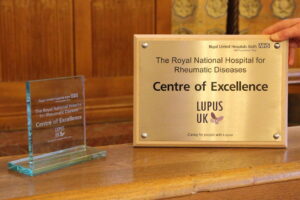
Lupus UK Centres of Excellence for Patient – Centred Care Award Scheme
Summary
• The LUPUS UK Centres of Excellence for Patient Centred Care award scheme is designed to recognise high quality patient-centred approaches for people living with lupus in rheumatology services and specialist lupus clinics within hospital outpatient departments.
• The criteria on which centres are assessed are listed below. They are designed to consider what people living with lupus need and want from specialist services to help them ensure they can access care in the best possible way.
• The Lupus UK Centres of Excellence award does not include any assessment of the quality of clinical care as this is beyond the scope of Lupus UK as a patient charity.
• Any complaints or concerns about quality of clinical care or individual members of hospital staff should be addressed to the hospital team directly or via PALS (England), PALS (Wales) or PASS (Scotland) or PCC (N Ireland).
• Feedback around the patient-centred approaches of any centres can be submitted through a form on the Lupus UK website. This can be done anonymously.
• Lupus UK cannot respond to individual complaints or comments about patient-centred approach of any Centres but will collate feedback that will form part of the review process.
• Centres of Excellence will be reviewed every 3-5 years.
Award Process – New Centres
1. Lead clinician to fill in an application form from the website with
a. overview of the service
b. overview of the patient centred approach taken
c. rationale of seeking the award
d. evidence of how/where currently meeting criteria
2. Application Reviewed by the CofE Committee
3. If not accepted for review written feedback given and meeting offered with CEO/HIM.
4. If accepted for review
a. Lead clinician notified
b. Date arranged for review visit (3-6 months ahead)
c. Lupus UK Patient Survey for that centre live – social media, website, via the
applying centre (this is a requirement for review).
d. Feedback from the survey collated and shared in advance of the visit
e. Visit held
f. Report produced by the Committee – recommendation to the main Board or
feedback to lead clinician
5. If award agreed
a. Written confirmation sent to lead clinician
b. Lupus UK to arrange and send a plaque
c. Clinic to arrange a photo of team with the new plaque
d. Lupus UK to publicise via website, social media & News and Views
Review Process
• Centres of Excellence will be reviewed every 3-5 years.
• In between award and review, Centres commit to communicating to Lupus UK any substantive changes that could impact the criteria below, eg change of lead clinician.
• Lead clinician contacted 3-6 months in advance of review to arrange date
• Lupus UK Patient Survey for that centre live – social media, website, via the applying centre (this is a requirement for review).
• Process then follows as above.
Adult Units
Staffing
• Multi-disciplinary Team approach to patient care.
• Dedicated lupus clinic with three or more consultants covering different specialities (e.g. Rheumatology, Nephrology, Dermatology), to be available to see patients, though not necessarily all on duty at the same time.
• At least one consultant to have specialist knowledge of lupus with the others having a good ‘working knowledge’ of lupus.
• A named specialist nurse lead for lupus with other nursing staff having ‘working knowledge’ of lupus.
Appointments & Consultation
• Patients should be offered an appointment with the named specialist nurse lead for lupus following a new diagnosis.
• ‘Open Door’ system for earlier consultation should problems arise between pre-booked appointments, patients having a ‘name’ to approach in this regard e.g. medical secretary, Specialist Nurse.
• Combined clinics being held where possible so that patients do not have to move between departments/sites or attend different clinics on different days.
• Patients should be presented with the option to request a face-to-face appointment if they are offered a telemedicine consultation.
Helpline
• Helpline with message facility for general patient queries – not emergencies. This may be shared e.g. Lupus/Rheumatology/Dermatology and set up following consultation with medical staff/management.
• An email “helpline” facility should be provided in addition to the telephone line.
• Patients who call the helpline should receive a response within two working days.
Communication
• Patients having reasons explained to them for additional tests, investigations (other than the usual accepted routine clinic testing e.g. blood, urine) and medications.
• Patients being informed of any possible side-effects of tests, investigations and medications.
• Patients being informed of results of tests and investigations as necessary.
• Consultants/Specialist Nurse to update GPs by letter following each patient visit to clinic, with patients having the option of receiving copies of these letters.
(signposting to online records where available)
Service Development
• Centres of Excellence should demonstrate how they are involving patients in the development of their services with a clear, transparent patient-to-clinic feedback mechanism.
Facilities
• Easy access to clinic – either at ground level or with patient-friendly lift.
• Comfortable surroundings/lighting/colours in clinic.
• Privacy in changing/consultation rooms.
• Toilets, preferably in department or close by, with disabled/nappy changing facilities.
Information & Education
• Up-to-date lupus information (leaflets etc) always available and sited at discretion of consultant/ Specialist Nurse.
• Newly diagnosed patients signposted to Lupus UK website and provided with the Lupus UK main offer and helpline number. When the updated Lupus UK “New Diagnosis” Pack is made available, the criteria will be updated to include provision of that pack following a new diagnosis.
Networking
• Consultants/nursing staff happy to liaise with Lupus UK Regional Groups/Contacts/National Office.
• Liaison of consultants/researchers with other hospitals/Lupus Centres within UK and overseas.
Demonstrating Commitment to Expertise in Lupus
• On-going lupus-connected research projects within the hospital/Lupus Centre.
Training
• Organised and regular training of junior doctors and nursing staff in the management of lupus and research methodology.
Paediatric Units – as above plus:
Staffing
• Multi-disciplinary and multi-speciality Team approach to patient care which includes support
for the family.
Communication
Age appropriate communication with Parents/Guardians and the YP
• having reasons for additional tests, investigations and medications explained to them.
• being informed of any possible side-effects of tests, investigations and medications.
• being informed of results of tests and investigations as necessary.
• Consultants/Specialist Nurse to update GPs by letter following each patient visit to clinic with parents/guardians having the option of receiving copies of these letters.
Facilities
• Comfortable surroundings/lighting/colours in clinic – decorations child-orientated.
• Privacy in changing/consultation rooms – examination beds child-friendly (height, access).
• Appropriate-size wheelchairs for departmental transfer.
• Child-care room equipped with books, toys for various ages, TV.
In-Patient Care
• Suitable on-ward bath/shower/toilet facilities
• Parent/Guardian overnight stay facilities
• Play specialists
• Arrangements for educational support.
• Counselling available for patients and family if and when necessary or helpful.
Transition
• Transition process from Children’s Clinic to Adult Clinic in place with a person-centred approach to supporting the young person with making the transition.
Information & Education
• A pack of age-appropriate information should be supplied following a new diagnosis should be supplied following a new diagnosis.
Family Support
• Counselling support should be available for patients and family as out-patients as well as inpatients.
